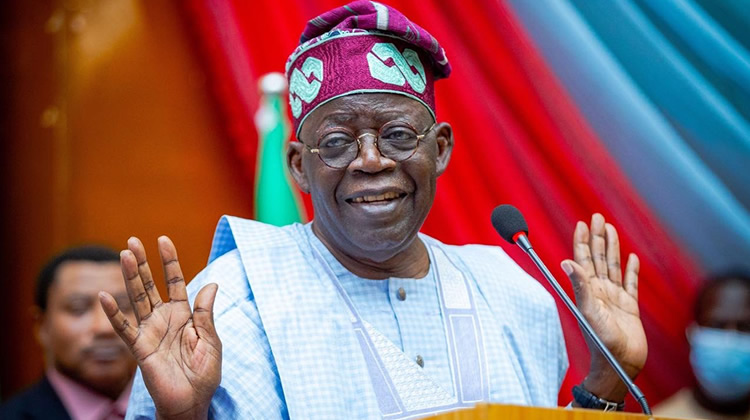The Regional Vice President of Africa and Middle East for the International Air Transport Association (IATA), Kamil Alawadhi, has disclosed that foreign airlines will meet with President Bola Tinubu’s representatives over their trapped funds.
Alawadhi said the foreign airlines will engage with Tinubu’s government to retrieve their blocked funds and enable them to repatriate them as soon as possible.
Join our WhatsApp ChannelDuring his inauguration speech, Tinubu had promised to free up foreign exchange to allow foreign investors to repatriate their fund, which is generated from the sale of tickets, cargo space and other activities.
“We shall ensure that investors and foreign businesses repatriate their hard earned dividends and profits home,” Tinubu stated.
Recall that Prime Business Africa previously reported that foreign airlines’ funds blocked from repatriation in Nigeria are $812.2 million as of April 2023.
Nigeria accounts for 35.7% of the global trapped funds and leads the list which includes Bangladesh, Algeria, Pakistan and Lebanon.
Alawadhi said the funds are important to foreign airlines operating in Nigeria, as every penny counts to run their operations smoothly.
He stated that the new government will be expected to immediately provide 50 per cent of the trapped funds and put in measures to ensure in the next couple of months, the remaining 50 per cent is freed.
“Every penny counts, airlines have been affected by the pandemic. Airlines need their funds to run their operations smoothly. We will engage the new government in Nigeria to get the blocked funds repatriated as quickly as possible,” Alawadhi said.
Alawadhi disclosed that the increase in trapped funds has made it difficult for foreign airlines to continue providing critical connectivity, “This situation means that airlines are increasingly unable to repatriate their commercial revenues from the affected markets, thereby making it challenging for them to continue providing the critical connectivity that drives economic activity and job creation worldwide,” he noted.

















Follow Us